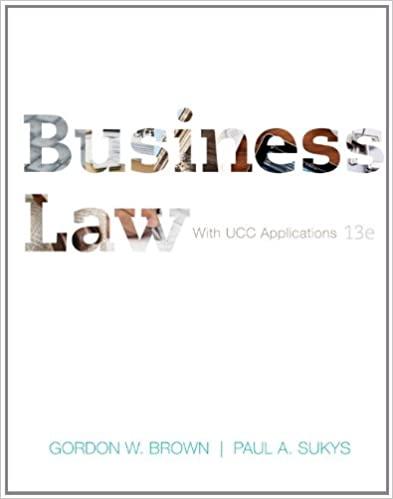Of course, the Roman Catholic Church was not always as supportive of capitalism as it eventually became.
Question:
Of course, the Roman Catholic Church was not always as supportive of capitalism as it eventually became. In fact, both Henri Sée in a study entitled Modern Capitalism and Harold Berman in his book Law and Revolution refer to the work of the French historian, Henri Pirenne, who wrote extensively about the development of capitalism in Europe in the Middle Ages. According to Berman, Pirenne points out that the Church often took a decidedly anti-capitalist position, especially in relation to such things as moneylending and placing an unfair value on goods. On the other hand, See points out that, when circumstances were right, in certain areas of Europe, notably the Low Countries of Holland and Zeeland, the Church was willing to support those emerging businessmen who worked diligently to create an authentic form of modern capitalism that included moneylending. Even Max Weber does not deny that certain theologians in the Medieval Church managed to support the growth of capitalism. (Specifically, he refers to Anthony of Florence and Bernhard of Siena, although, to be fair, Weber does hide this reference in a lengthy footnote at the back of his book.) The question before us is this: What religious values would operate to oppose capitalism? What is it about the very nature of religious doctrine that places it in opposition to making a profit? On the other hand, what arguments can overcome this religious opposition to making a profit? Explain all your answers. (See Berman, pp. 336–337; Sée, pp.12–13; and Max Weber, The Protestant Ethic: The Spirit of Capitalism (Mineola, NY: Dover, 2003), p. 197. )
Step by Step Answer:

Business Law With UCC Applications
ISBN: 9780073524955
13th Edition
Authors: Gordon Brown, Paul Sukys





